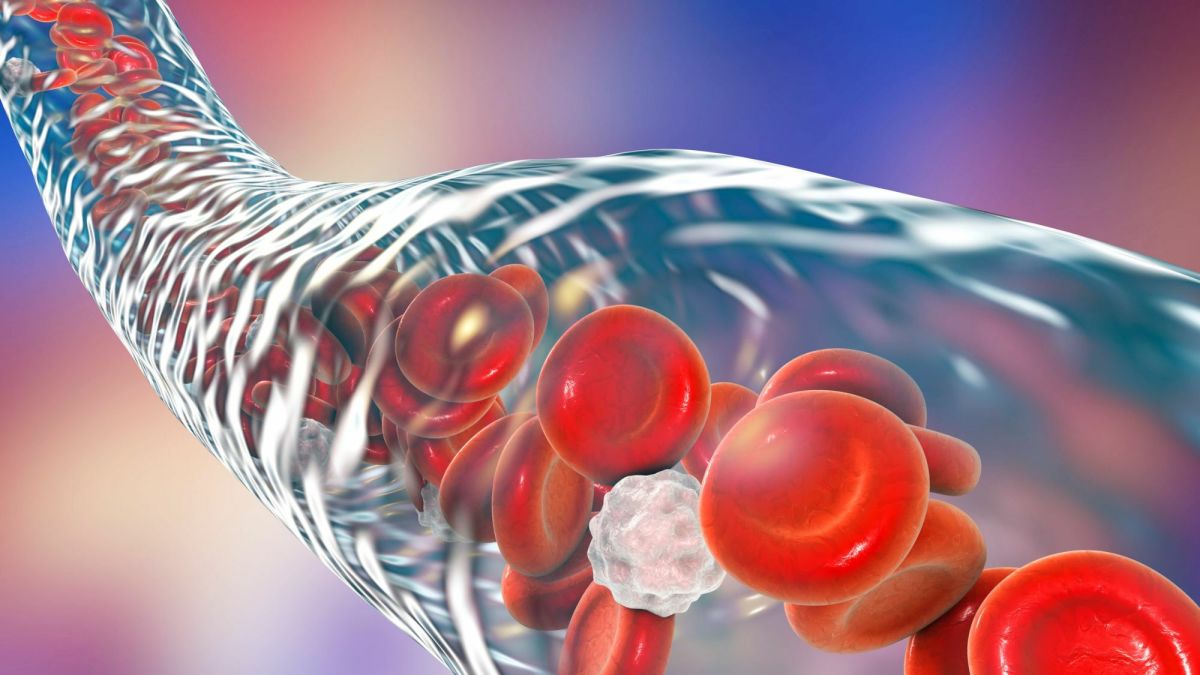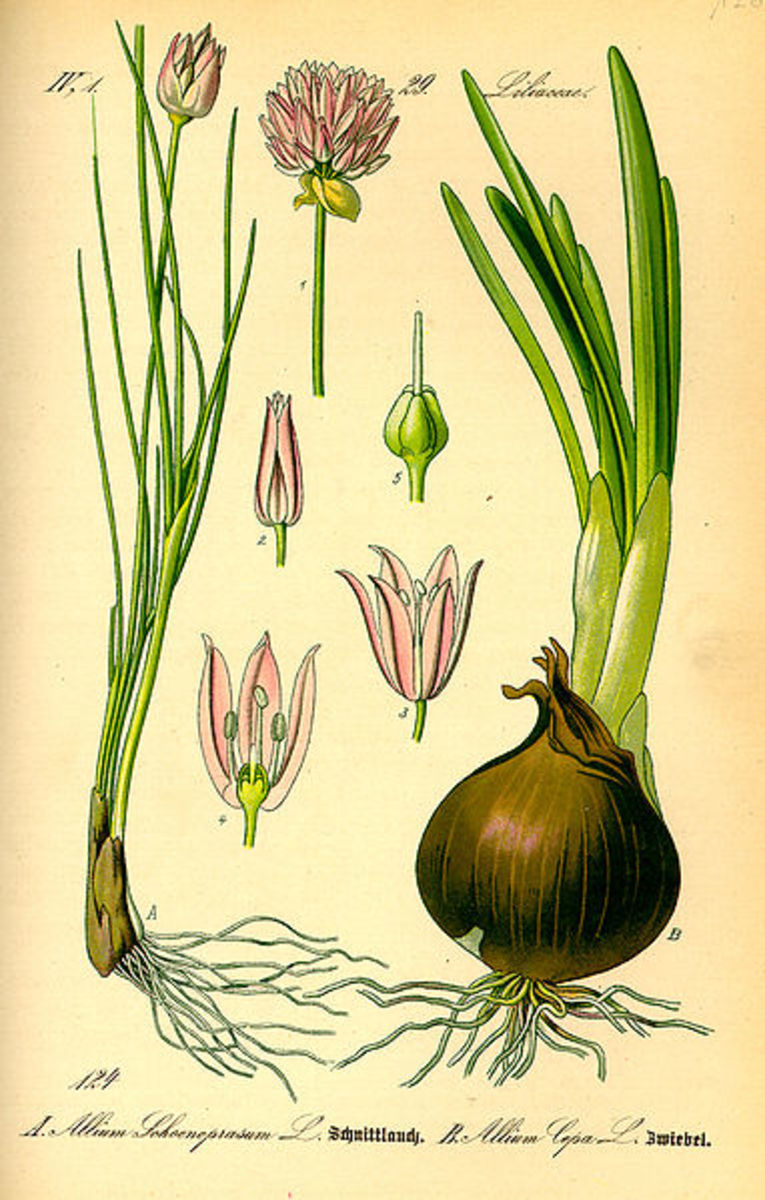Bilberry and It's Effects on Health
Introduction
Bilberry is a variety of Blueberry, mainly used for its therapeutic benefits. It is a shrubby perennial plant, native to Northern Europe, North America and Canada. The botanical name of Bilberry is Vaccinium myrtillus and it belongs toHeath (Ericaceae) family. The useful part of this plant is the berry and (and sometimes also) the leaf. This fruit has been used by herbalists to treat various diseases like scurvy, varicose veins, diarrhea and urinary problems. Bilberry contains a fast acting substance.
Bilberry and its health benefits
The therapeutic benefits of Bilberries are mainly due to the presence of flavonoids called Anthocyanidins (a part of Anthocyanosides present in blueberries) and Oligomeric Proanthocyanidins (OPC). These flavonoids show multiple positive effects in our body making them useful in different ways to our body, like –
Aging Process
The powerful antioxidant properties of bilberries retard the progression of the aging process. Especially, the Polyphenols content of Bilberries might posses the potential to extend life.
Cardiovascular System
Bilberries prove to be beneficial to the cardiovascular system by improving the blood circulation to organs like hands, feet, eyes, brain and heart. It also increases the strength of the blood vessels. By facilitating good circulation it prevents the accumulation of fats in the walls of the arteries, hence preventing from atherosclerosis. 700 mg per day of standardized 25% Anthocyanosides from Bilberry extract might help to prevent abnormal blood clotting. Anthocyanosides and Proanthocyanidins reduce abnormal platelet aggregation hence preventing abnormal blood clotting. Anthocyanosides stabilize and reduce the permeability of capillaries. They also strengthen the capillaries, hence alleviating hemorrhoids and preventing from hypertension. Anthocyanoside are also known for their potency to alleviate and prevent microangiopermeability. When 460 mg of bilberry extract, standardized to contain 25% (115 mg) of anthocyanosides was administered orally, the incidence of nose-bleeds caused by microangiopermeability was found to be reduced. Bilberry is specifically useful in Raynaud's disease patients, as it improvises the mobility of the joints of the fingers. It prevents the ischemic stroke without increasing the risk of hemorrhagic stroke. It averts the formation of varicose veins. Bilberry reduces the symptoms like edema, pain, cramps and paraesthesia, efficiently.
Digestive System
Bilberry provides relief from diarrhea and dysentery. Anthocyanosides of bilberry strengthen the blood vessels that supply the digestive tract and also enhance the defensive mechanisms of the gastric mucosa. This action of Anthocyanosides helps bilberries to accelerate the healing of peptic ulcers including gastric ulcers.
Excretory System
Bilberry protects the body from urinary tract infections, by increasing urinary hippuric acid levels.
Eyes/Vision
Bilberry stops many eye ailments by improving blood supply to the eyes and by strengthening the capillaries that surround the eyes. A consumption of 240 - 480 mg of bilberry per day, prevents age-related macular degeneration (ARMD) and retard the progression of cataracts. Bilberry is very effective for the treatment of sensitivity to bright lights. One of the best effects of bilberry is that it stops all kinds of eye fatigue including those caused by reading, driving and using computer terminals. It alleviates eye inflammation caused by the leaking of the capillaries, by stabilizing the capillaries of the eye and reducing their permeability. Bilberry treats and also prevents the development of Glaucoma. It stops day blindness known as hemeralopia. It improves the night vision in people affected with night blindness (nyctalopia) and stops retinitis pigmentosa. It increases the responsive adaptation to darkness and produces an enlargement in the range of vision in retinopathy (including diabetic retinopathy) patients. Bilberry may accelerate the regeneration of rhodopsin and stop the development of short-sightedness (myopia). It accelerates the ability to adapt to dark lighting and improves the visual acuity and sight in dim light, even in people with unimpaired sight, hence improving various aspects of sight. A consumption of 344 mg of bilberry per day, equivalent to 86 mg Anthocyanosides, during human clinical trials has shown that Bilberry increases the efficiency of the photomotor response of the pupils. Results from the open trials conducted on air traffic controllers, pilots and automobile drivers have shown that Bilberry improves night vision. Bilberry increases the ability to adapt to glare and improves the blood circulation to the eyes, especially to the retina.
Immune System
Bilberry stimulates the activity of Quinone Reductase, an endogenous cancer-protective enzyme and inhibits Ornithine Decarboxylase, a pro-carcinogenic enzyme, hence inhibiting a chemical-induced cancer. It stimulates the apoptosis or programmed cell death of breast cancer cells. It prevents and treats colon cancer and leukemia. It inhibits Helicobacter pylori. Polyphenols in Bilberry inhibit various pro-inflammatory enzymes, hence reducing inflammation. It stimulates the activity of phagocytes, hence stimulating the process of phagocytosis. It increases the body’s resistance to infection by the Viruses that cause Tick-Borne Encephalitis.
Metabolism
The anthocyanosides of bilberries possess antioxidant properties due to which it inhibits the generation of superoxide free radicals. Bilberry prevents the onset of retinopathy in Diabetes Mellitus patients. Especially in Diabetes Mellitus Type 2 patients, it lowers the blood sugar and improves insulin sensitivity. Bilberries alleviate hypoglycemia and inhibit the oxidation of LDL cholesterol.
Musculoskeletal System
Bilberry contributes to the health of the musculoskeletal system by stimulating the growth of smooth muscle cells.
Nervous System
Bilberry decreases the permeability of the Blood-Brain Barrier by inhibiting the Collagenase enzyme which increases the permeability of the Blood-Brain Barrier.
Sexual System
Bilberry extract containing 115 mg of Anthocyanidins, when administered orally for three days prior to menstruation and during menstruation might reduce the symptoms of dysmenorrhea (including pelvic and lumbosacral pain, breast tension, headache and nausea).
Skin
When Bilberry is consumed orally or its extract is applied topically, it accelerates the healing of wounds and Bruises.
Water/Water Balance
288 - 576 mg of Bilberry containing standardized 25% Anthocyanosides, when consumed each day may help to prevent and treat edema
Bilberry enhances the action of few substances
Apart from the above mentioned functions Bilberry also enhances the function of the following substances
Enzymes
The Anthocyanosides in Bilberries improve the function of several enzymes crucial to the metabolism of cells in the eyes including: Glucose-6-Phosphatase and Phosphoglucomutase.Bilberries also increase the activity of Quinone Reductase.
Organic Acids
Bilberry increases urinary hippuric acid levels.
Pharmaceutical Drugs
Bilberry enhances the effectiveness of Fluorouracil.
Proteins
The Anthocyanosides content of Bilberries protect collagen from destruction by the collagenase enzyme and elastin from destruction by the elastase enzyme.
Visual Pigments
Bilberries accelerate the production and regeneration of Rhodopsin.
Inhibitory action of bilberry on potentially toxic substances
Electromagnetic Radiation
Bilberry inhibits the ability of UV-A which damage Keratinocytes.
Enzymes
Bilberry inhibits the action of a few enzymes like angiotensin converting enzyme, collagenase, elastase, lipoxygenase, xanthine oxidase, etc. Anthocyanosides in Bilberry bind to elastin and prevent the destruction of elastin by the elastase enzyme, hence reducing the toxic effects of elastase. Polyphenols in Bilberry inhibit the action of Bilberry. Bilberry can reduce the incidences of cancer by inhibiting the enzyme ornithine decarboxylase, which participates in the development of some forms of cancer.
Details of the flavonoids present in bilberry
Most of the Anthocyanidins in Bilberry are present in the form of their respective Anthocyanosides. For example the Anthocyanidin Delphinidin is present in the form of Delphinidin 3-O-glycoside. There are 16 or more different Anthocyanosides present in Bilberry. The Anthocyanosides content of fresh Bilberries ranges from 0.1% to 2.5%.
Commercially available, Bilberry products that have been standardized to contain 25% Anthocyanidins actually contain approximately 38% Anthocyanosides. This is due to the Anthocyanidins component of Anthocyanosides being conjugated with a sugar moiety (arabinose, glucose or galactose) which accounts for the difference in weight. The correct protocol for commercial Bilberry products is to express the Anthocyanosides content (e.g. 38%) in terms of their equivalent Anthocyanidin weight (e.g. 25%).
Bilberries Compared with Blueberries
The main difference between Blueberries and Bilberries is their Anthocyanidins content - Bilberries contain approximately 246 mg of Anthocyanidins per 100 grams; whereas, Blueberries contain approximately 123 mg of Anthocyanidins per 100 grams (contained within Anthocyanosides).
Standardization
Most Bilberry products are standardized to contain 25% Anthocyanidins and some are standardized to contain up to 37% Anthocyanidins.








